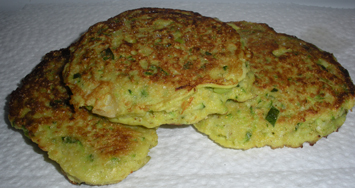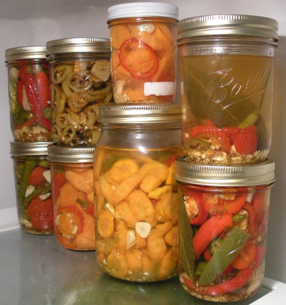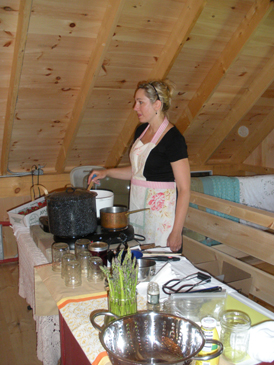In a Burlington Free Press article, The Price of Fresh: Author questions tradeoffs of ‘fresh’ food and localvore eating, Free Press correspondent Melissa Pasanen describes a talk by Dartmouth College professor and author Susanne Freidberg. Susanne Freidberg has written a book called Fresh, which, this article suggests, implies there are unintended consequences from the local food movement.
Freidberg spent a year living in Burkina Faso, a landlocked West African country (Google map), and uses examples from that experience to explain her thinking about about fresh food and locavorism.
In Fresh, Friedberg writes:
The health of a local food economy depends to a large degree on its wealth — not only in terms of household spending power, but also (and arguably, more importantly) in the public resources available for everything from road maintenance to irrigation to community gardens. … So many farmers, with encouragement from American and European aid agencies, instead depend on the kind of export trade that local food activists love to hate.
At the talk, Friedberg said,
Eating local food is great,
but it will not solve any global food problems.
True enough, but is the primary goal of the local food movement to solve global food problems? I’m hoping the local food movement solves our local food problems and that by extension, alleviates the pressure that traditional western consumption habits place on the rest of the world on many levels.
My personal food model is to eat local fare for the foods that can be grown locally and to source the other foods. I eat fresh CT fruits and vegetables in season and I freeze, can, or dry them for the off-season. I have access to local dairy and meat products year-round. For those foods that can’t deal with a New England climate (coffee, chocolate, tropical fruits, and Mediterranean delights like olives and pistachios), I am open to the world market and make my selections based on other criteria (organic, fair trade, relative proximity, and so on). I am not suggesting that my model is perfect or that it be adopted by anyone else. It works really well for me so I make information available on this blog for anyone who is interested in this model or wants to make their own variation on a theme.
Is the author trying to say that we locavores in the world’s wealthiest nation[s] are creating economic problems for those in the poorest nations because we failed to consider the downstream effects of our actions? And which author? I need to read the book to determine if this is the premise of Freidberg’s book or the point Pasanen chose to hone in on. It seems as though one or both of them is pinning global food problems on the locavore movement!
I see our locavore movement as a series of small but powerful steps that can be taken by ordinary individuals to address the many food security issues we face as people, states, and countries. We are slowly repairing our own damaged food systems here in America. I am convinced that as more people, states, and countries adopt similar models, more and more global food problems will be solved.
To suggest that the pioneers in this movement need a “little more humility, a little more questioning, a little more moral ambiguity” hardly seems fair or helpful. That this movement, still in its infancy, has not solved all of the global food problems yet or possibly even made some things worse before most things can get better, hardly makes it a legitimate target for those who profess to care about food systems or global economics.
According to Wikpedia, “Agriculture represents 32% of [Burkina Faso’s] gross domestic product and occupies 80% of the working population.” That locavores somehow bear any responsibility to the economy of Burkina Faso seems somewhat manipulative. Does Burkina Faso’s own political history (with French and English meddling, followed by factional infighting and coups) bear no responsibility? Does the country’s current political system bear no responsibility? Are there any corporations involved in Burkina Faso’s food supply chain? Just wondering…
Pasanen wrote,
It is a privilege, Freidberg inferred, to be able to choose among the huge variety of fresh foods shipped in from around the world, or to choose to eat only locally grown foods.
I’m hoping that American locavores use our privilege for good. I’m hoping that we keep doing what we’re doing and when we solve the problems in our own damaged food system, we will have a brilliant model to offer the rest of the world.
Note: In the interest of full disclosure, during the writing of this post, I have consumed a papaya (organic from Hawai’i) and a glass of CT fresh raw milk (not at the same time).




